New York, September 19 — The UNSC vote on Iran sanctions failed to pass. Russia, China, Algeria, and Pakistan rejected the draft resolution, which aimed to reimpose previously lifted UN restrictions on Tehran. The Republic of Korea, serving as Security Council President, submitted the draft but later withdrew it. Consequently, member states now face no obligation to restore sanctions.
The draft followed an August 28 request from the United Kingdom, Germany, and France. These countries accused Iran of violating its commitments under the Joint Comprehensive Plan of Action (#JCPOA). In response, Russia dismissed the claim, calling the move provocative and unlawful. Moscow argued that the European powers and South Korea were fueling tensions instead of pursuing diplomacy.
Before the vote, Russia presented detailed legal arguments. Specifically, it explained why the European request failed to meet the criteria of Paragraph 11 in UNSC Resolution 2231. According to Moscow, the draft lacked legal standing and therefore could not trigger the “snapback” mechanism.
During the Council meeting, Russia, China, Algeria, and Pakistan supported keeping the current sanctions regime. They backed the continued lifting of restrictions imposed before the JCPOA. Meanwhile, the European sponsors opposed this stance. The United States joined them and allegedly pressured non-permanent members to support the draft.
Nevertheless, several delegations struggled to justify their objections. Russia claimed those who gave in to pressure failed to explain why sanctions should return. Their arguments, it said, lacked clarity and legal grounding.
In a notable development, South Korea abstained from voting on its own draft. Russia interpreted this as Seoul’s recognition of the resolution’s flaws. Moreover, Moscow said the abstention showed South Korea understood the risks of politicizing Iran’s nuclear file.
Russian officials warned that the failed resolution could harm cooperation between Tehran and the International Atomic Energy Agency (IAEA). They added that it might provoke Iran to take retaliatory steps. As a result, the presidency’s decision to withdraw the draft reflected awareness of these consequences.
To offer a way forward, Russia and China proposed an alternative resolution. It includes a six-month technical extension for implementing the JCPOA and UNSC Resolution 2231. This proposal aims to create space for diplomacy and supports the agreement reached between Iran and the IAEA in Cairo on September 9.
Russian diplomats said the new draft provides a workable path forward. It seeks to eliminate doubts about Iran’s peaceful nuclear programme. Furthermore, the proposal respects international law and Iran’s legitimate interests. It encourages renewed efforts to build trust and find negotiated solutions.
Ultimately, the UNSC vote on Iran sanctions marks a turning point. Russia urged the United States and European powers to clarify their intentions. It asked whether they want a diplomatic settlement or plan to destabilize the region. Moscow warned against repeating the June attacks on Iranian nuclear facilities, allegedly carried out by Israel and the U.S.
In conclusion, the failed vote exposed deep divisions within the Security Council. It highlighted the urgent need for a balanced and lawful approach. Russia emphasized that only diplomacy can resolve the Iranian nuclear issue and prevent further escalation.

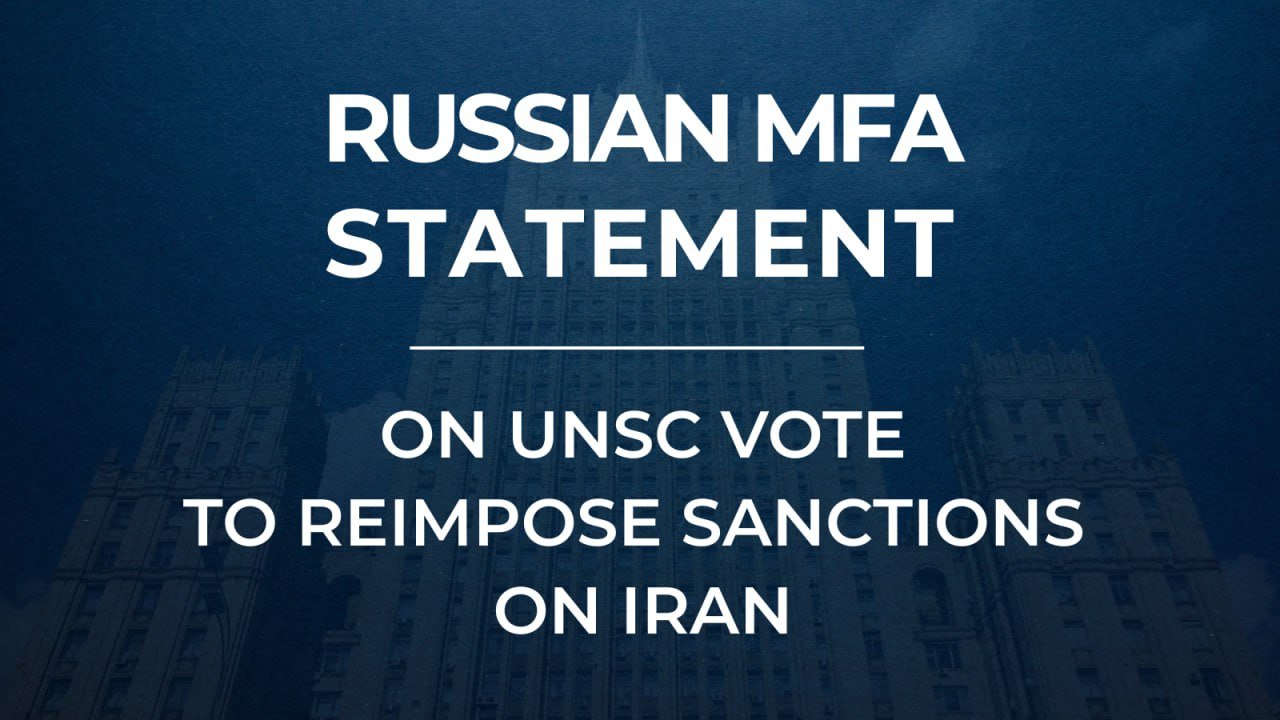
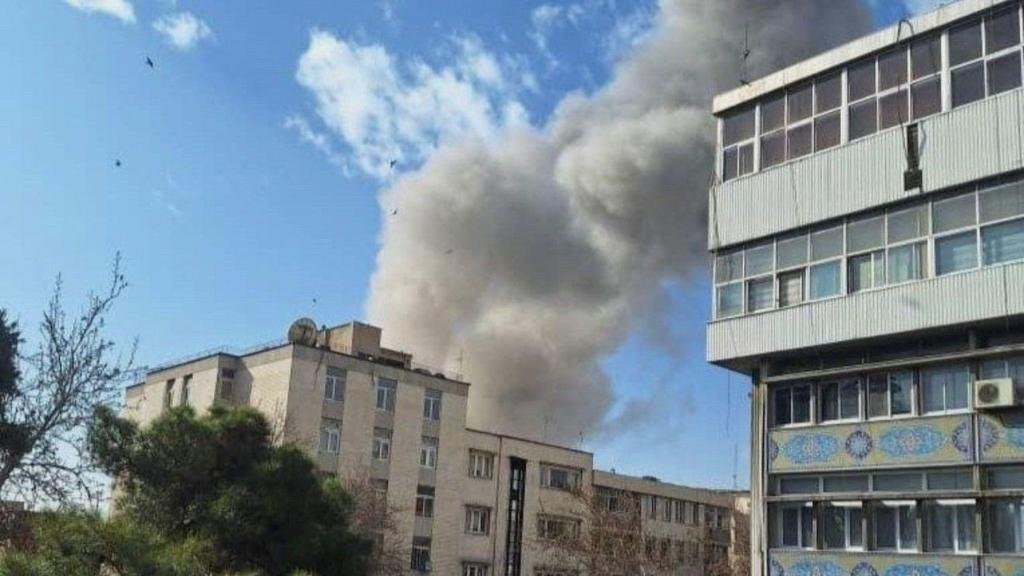
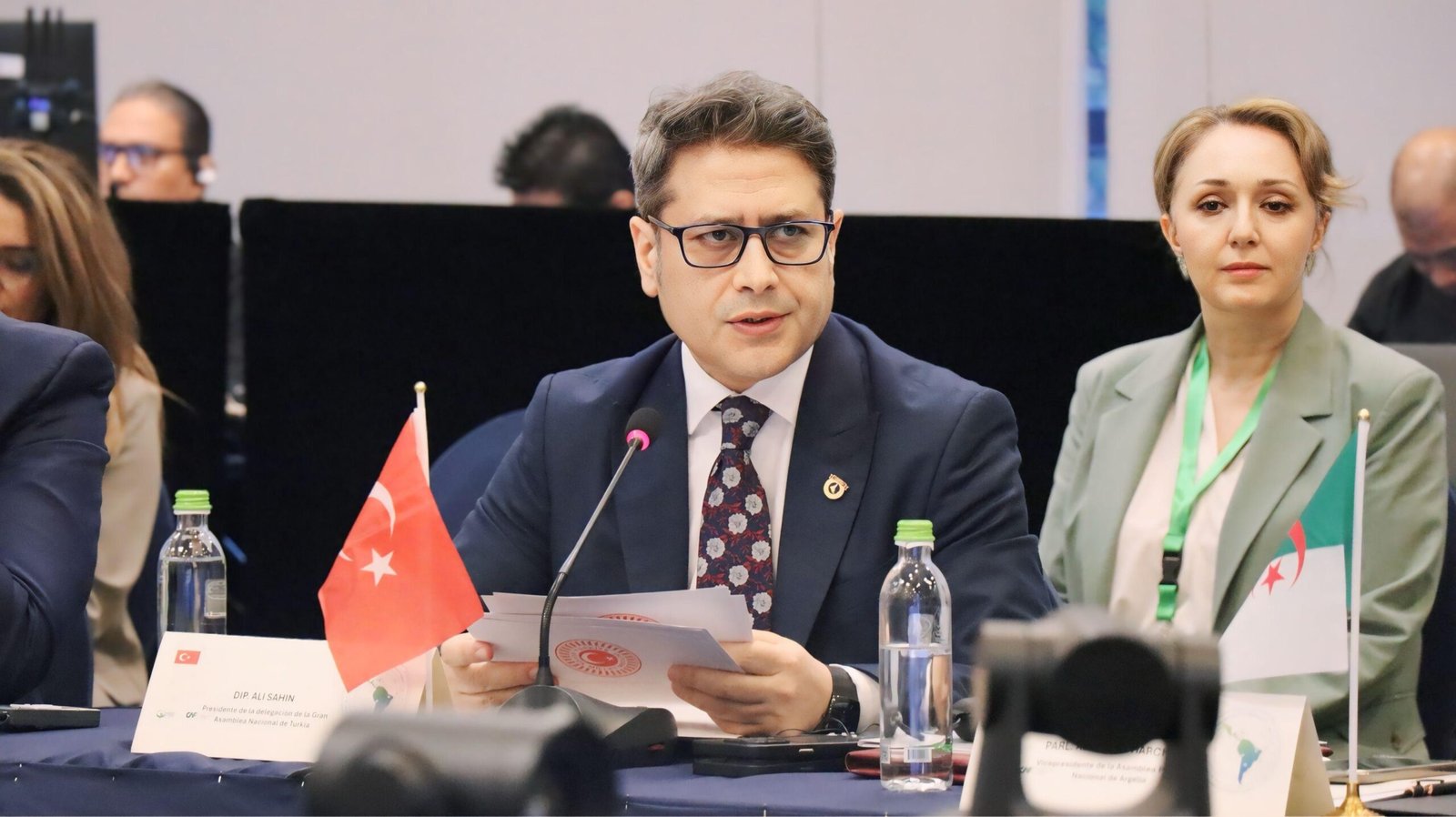


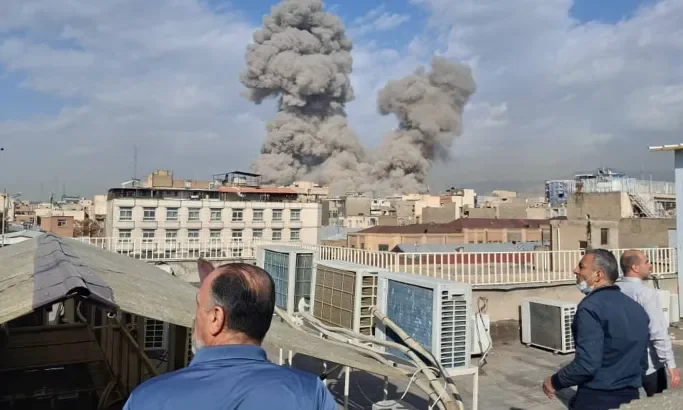
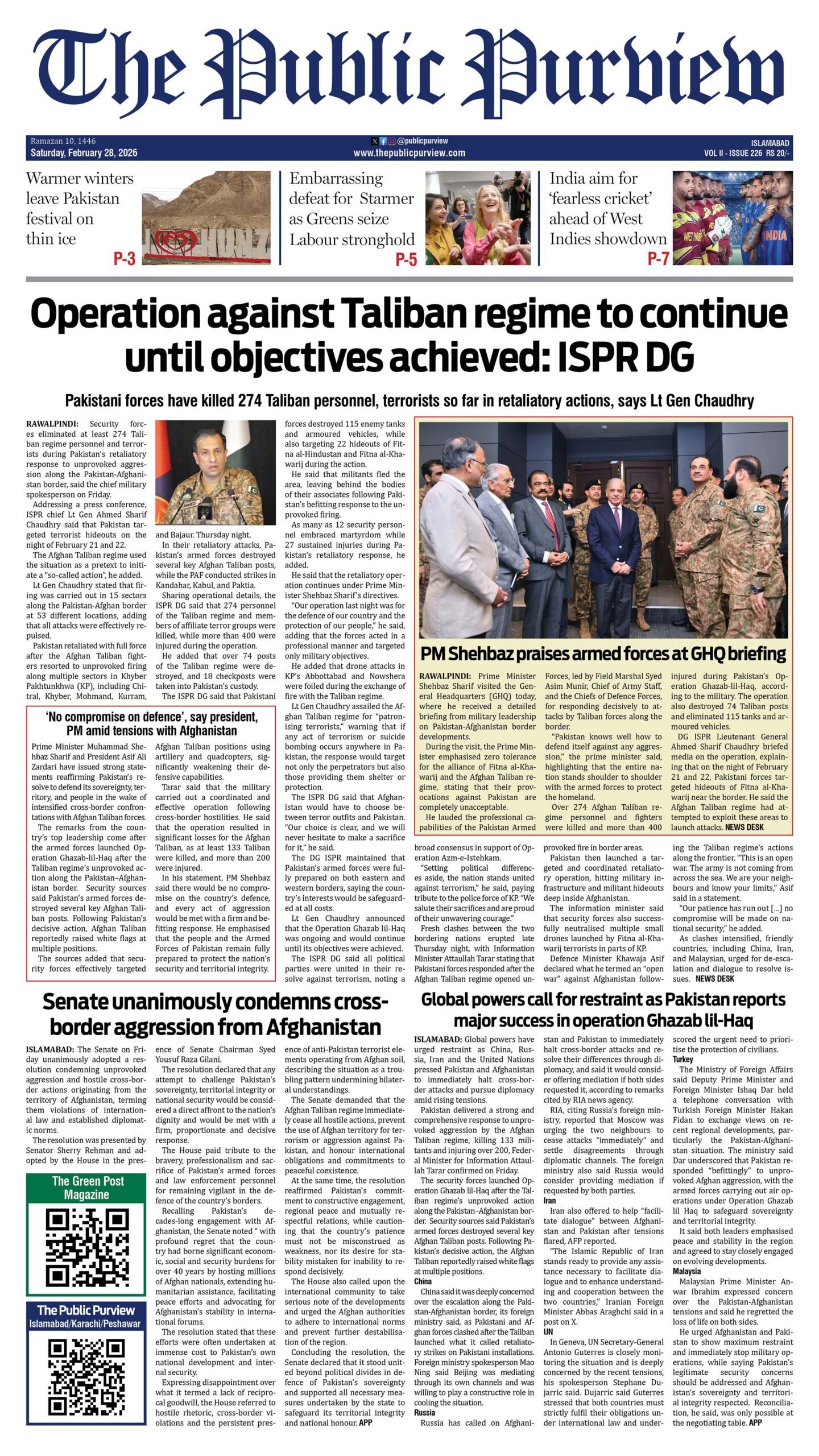 Today's E-Paper
Today's E-Paper